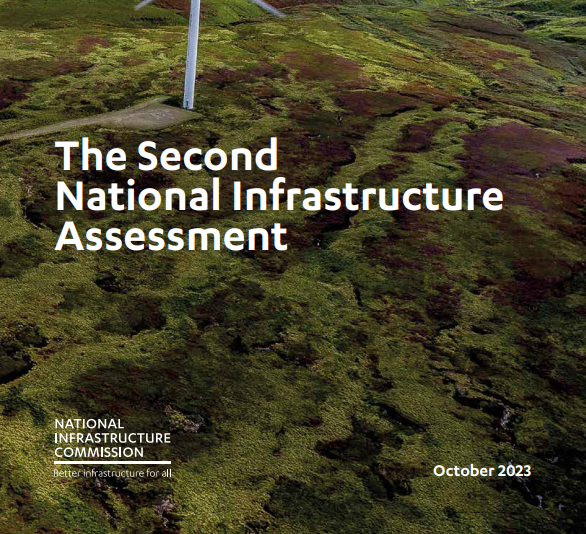
The second national infrastructure assessment – a five yearly review conducted by the NIC– sets out a “programme of transformation” for the country’s economic infrastructure sectors, setting out recommendations for transport, energy, water and wastewater, flood resilience, digital connectivity, and solid waste.
It arrives after a 30 year infrastructure report, reviewed every five years, was first published in 2018 (see letsrecycle.com story).
Waste
Among the core recommendations of today’s report, the government has been urged to “deliver a more sustainable waste system by urgently implementing reforms to meet the 65% recycling target by 2035, and create ‘stronger incentives’ for investment in the recycling infrastructure.”
Later in the report, the government was also urged to “implement without delay” its planned packaging reforms.
The government was also recommended to set individual targets, with transition funding for local authorities, to help achieve its target recycling rate of 65% by 2035. The NIC also called on the government to set stronger incentives for recycling investment and “phase out the use of unabated energy from waste processing”.
‘Pivotal’
Writing in the report’s foreword, Sir John Armitt, chair of the National Infrastructure Commission, said: “The good news is that modern, reliable infrastructure can support economic growth, help tackle climate change and enhance the natural environment.
“We stand at a pivotal moment in time, with the opportunity to make a major difference to this country’s future. But we need to get on with it.”
Consistent recycling collections would increase demand for recycling infrastructure
Policy clarity
Noting that consistent recycling collections would increase demand for recycling infrastructure by reducing contamination rates and therefore increasing the quality and volume of materials that can be recycled, the Assessment calls on government to “implement and provide clear guidance on its proposed ‘simpler recycling’ reforms”.
The Commission also calls for further detail from government on how the packaging extended producer responsibility scheme and deposit return scheme will work.
It recommends that, by 2026, government should work with local authorities to develop individual recycling targets, with support for transitional costs such as low level capital investments in new bins or collection vehicles where necessary.
The Commission further recommends an expansion of the single use plastics ban to cover a wider range of hard to recycle plastic items.
The market is not currently delivering sufficient recycling facilities
Confidence
The NIC notes that the market is not currently delivering sufficient recycling facilities because policy uncertainty means investors do not know what volume or quality of material to expect. The value of waste sent for recycling is also relatively low.
It outlined that 17% of recyclable materials are currently contaminated.
Simpler recycling clarity would thus “drive up the ultimate value of materials” and provide certainty on future stocks of available recycling, increasing investor confidence in the viability of recycling infrastructure and ensuring additional capacity is developed, the report noted.
Local authorities should not sign or renew long term contracts for EfW services that do not have credible plans for carbon capture and storage
EfW
On energy from waste, the NIC outlined that the amount of waste treated at EfW plants without carbon capture and storage will need to reduce by around a quarter by 2035 and by around 80% by 2050.
The Commission’s analysis “suggests there is already sufficient EfW operating capacity in place or in the pipeline to avoid the need for new energy from waste which isn’t carbon capture ready”.
It noted however that at the same time, recycling capacity “needs to increase and the private sector needs encouragement to invest in new recycling plants”.
The NIC said: “The Assessment therefore concludes that local authorities should not sign or renew long term contracts for EfW services that do not have credible plans for carbon capture and storage.
Government should also deliver on its commitment to bring energy from waste into the Emissions Trading Scheme in 2028.”

NIC
The NIC is an executive agency which provides expert advice to the government on infrastructure challenges facing the UK.
It carries out in-depth studies into the UK’s major infrastructure needs and makes recommendations to the government
Inaugurated in 2015, and established as an executive agency of HM Treasury in January 2017, one of its main tasks is to undertake a national infrastructure assessment during each parliament.





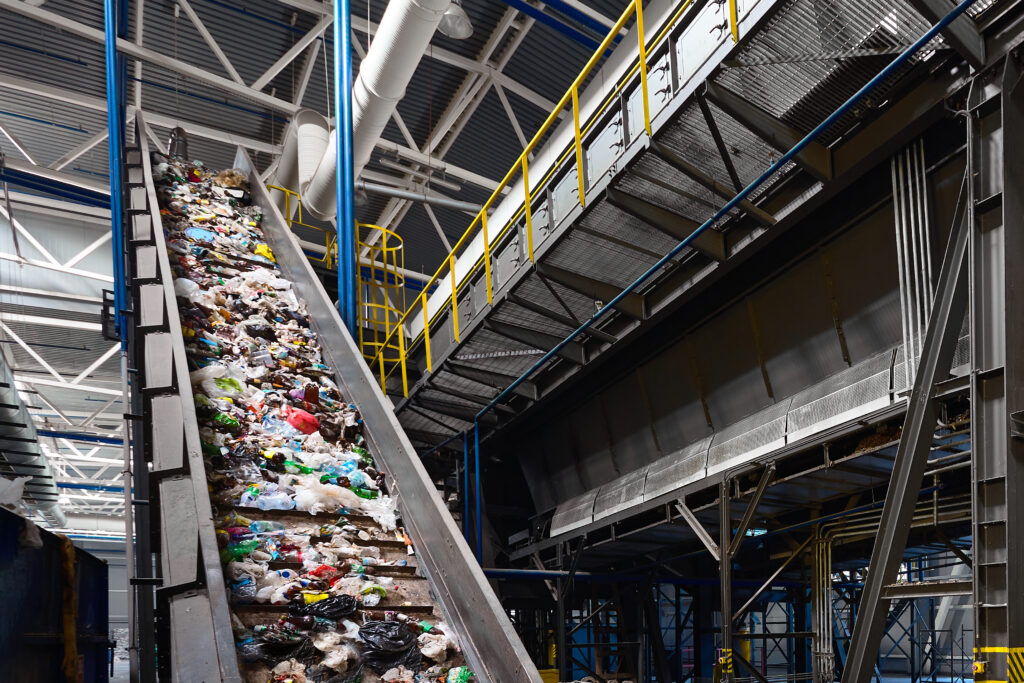
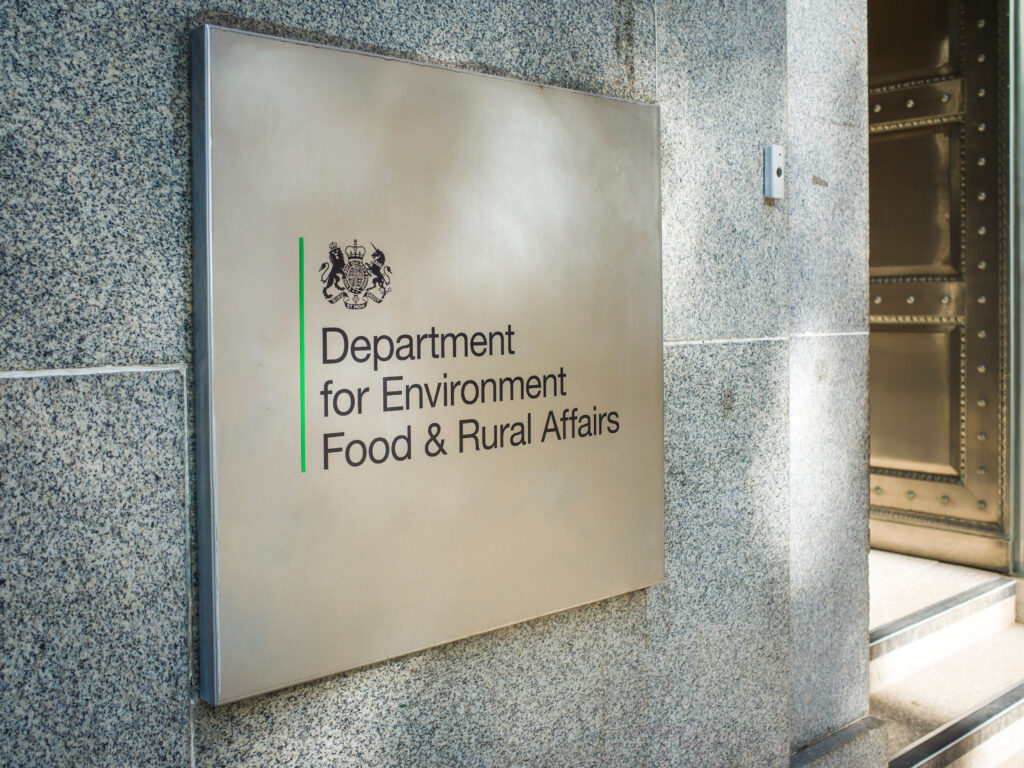
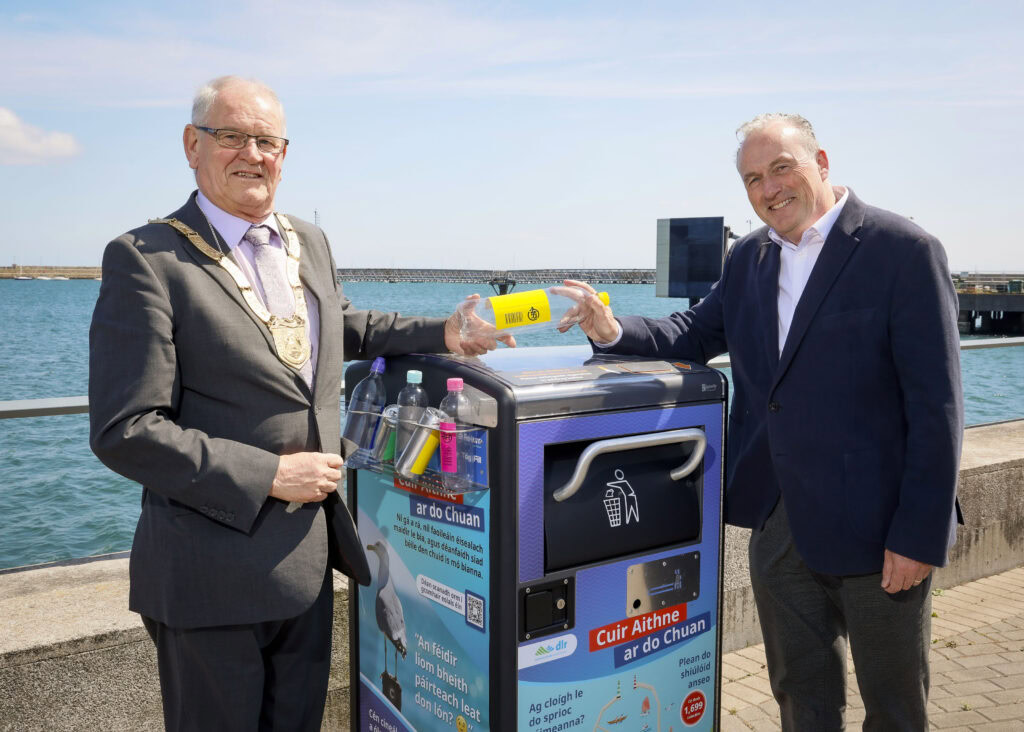
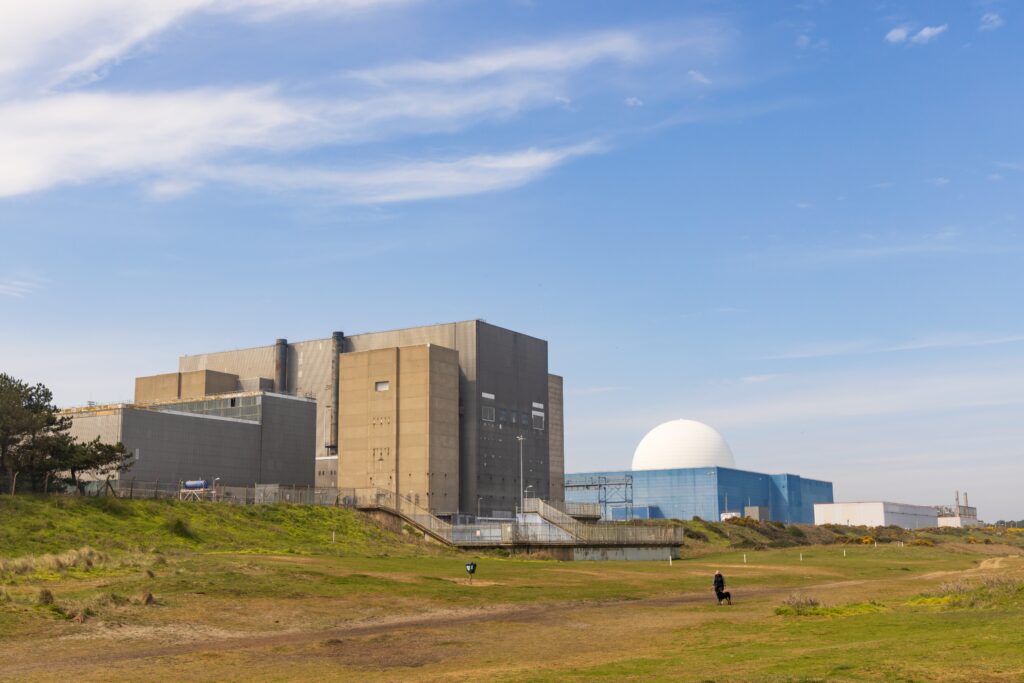
Subscribe for free